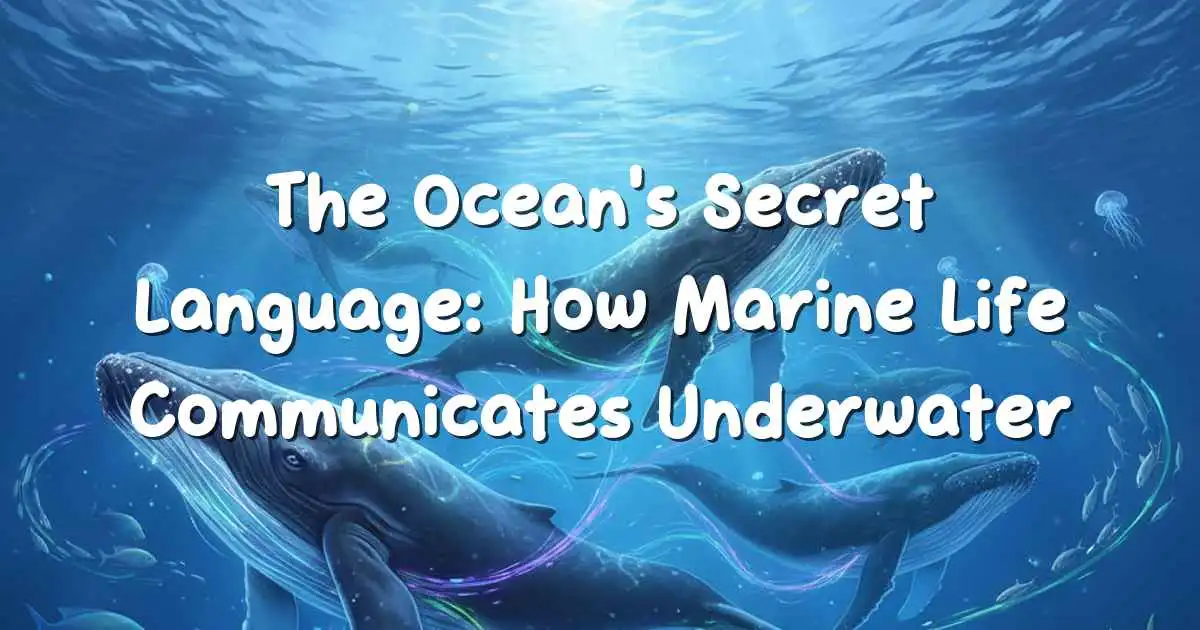The strange question: Who killed Charlie Kirk?
It starts with a Google search.
Who killed Charlie Kirk.
The first time I saw it, I almost laughed. Surely, it was clickbait, another exaggerated rumor born in the restless belly of social media. But as I scrolled, I realized People were genuinely searching for this question typing it into Reddit, TikTok, and even Vanguard News threads.
That’s when it struck me: it wasn’t really about Charlie Kirk at all. It was about the way we, as a society, consume and process information. We don’t just want facts anymore. We want drama. We want mysteries. We want a name to blame, a story to tell, a “who killed…” headline to chew on.
But to understand why the question has traction, we need to step Back and ask: who is Charlie Kirk and what happened to him?
Who is Charlie Kirk and what happened to him?
Charlie Kirk is not an unknown figure. To his supporters, he’s a Political commentator and activist who isn’t afraid to say what many others only whisper. To his critics, he’s a controversial voice in America’s never-ending culture wars.
He founded Turning Point USA, a nonprofit that works on college campuses to promote conservative values. That alone makes him a lightning rod for debates about free speech, education, and generational politics.
But beyond the political sphere, millions of people type into search bars: who’s Charlie Kirk? Who is Charlie Kirk’s wife? Who are his allies?
That curiosity is telling. It reveals that people don’t just see him as a figure of politics they see him as a character in an ongoing reality show called modern America. His personal life, his inner circle, and even rumors of a “kirk shot” become part of the story we follow.
And that’s where the danger begins.
The “kirk shot” mystery: rumor vs. reality
The phrase kirk shot exploded across platforms without context. Some believed it referred to an actual shooting. Others thought it was a metaphor Charlie Kirk being “shot down” in debates or media firestorms.
This is how rumor culture works: it doesn’t need clarity, only a spark. Ambiguity is the fuel that keeps people refreshing, retweeting, and reposting. Vanguard News, along with other outlets, carried stories that danced around the edges of truth and speculation.
But here’s my personal take: the “kirk shot” rumor is less about physical danger and more about symbolic assassination. Public figures like Kirk don’t always bleed, but they are constantly wounded by words, misquotes, and viral clips that strip nuance away.
When we ask who killed Charlie Kirk, maybe what we’re really asking is: who killed his reputation? Who shot down his voice?
Allies, enemies, and the personal side of the story
One of the most fascinating parts of this trend is how much it extends beyond politics. People want to know about his allies. They want to know about Charlie Kirk’s wife.
Why? Because when a public figure’s name is everywhere, we instinctively search for the human anchor. Who loves him? Who stands with him? Who challenges him behind closed doors?
It reminds me of how we consume celebrity culture. When a famous actor or musician trends for controversy, we immediately ask about their partners, their friends, their inner circle. We want to see the human threads that tie them to the rest of us.
And maybe that’s what keeps the Charlie Kirk rumor cycle alive. His political life is public, but his private life remains mostly off-limits. The unknown creates room for speculation and speculation is the lifeblood of the internet.
A story from my own life
Let me pause and share something personal.
A few years ago, someone spread a rumor about me in my professional circle. It wasn’t true, but it was juicy enough to Travel quickly. Suddenly, I was defending myself against a story I hadn’t even told.
The worst part wasn’t the gossip itself it was the silence of my allies. Some stood with me, but others kept their distance, unsure whether the rumor might stain them too.
That’s when I understood what it means to be “killed” socially. Not physically, but symbolically. My reputation was shot, and even after the truth came out, the scar remained.
When I see “who killed Charlie Kirk” trending, I think of that moment. Because behind the headlines is a human being who, like all of us, can be hurt by words, isolation, and betrayal.
Why rumors stick: the psychology of scandal
Rumors stick because they scratch two itches at once: curiosity and fear.
-
- Curiosity: We all want to know what happened, who said what, and whether there’s a hidden story.
- Fear: Rumors give us a chance to measure our own safety. If something happened to him, could it happen to me?
That’s why phrases like who killed Charlie Kirk or what happened to him don’t fade. They act like cultural campfires where people gather, speculate, and secretly reassure themselves.
But the real question is: why are we so eager to kill reputations instead of understanding them?
Cultural wisdom: words as weapons
There’s an old saying in many cultures: “The tongue has no bones, yet it breaks bones.”
When I hear the phrase kirk shot, I don’t imagine bullets. I imagine words tweets, headlines, rumors that cut deep enough to leave permanent wounds.
In some communities, gossip is treated as a social crime. Elders warn young people not to “kill” others with careless speech. But in Digital culture, gossip is entertainment. Rumors aren’t whispered they’re broadcast to millions.
This is why the Charlie Kirk story isn’t just about one man. It’s about all of us and the way we use our voices.
Journal prompts for reflection
If you want to take this deeper, here are some prompts to sit with:
-
- Think about a time you believed a rumor. How did it shape your opinion of that person?
- Have you ever been the subject of gossip? What did it feel like?
- When you see a headline like who killed Charlie Kirk, what’s your first instinct to click, to doubt, or to investigate?
- How do you balance curiosity with compassion when it comes to other people’s lives?
Lessons from the Charlie Kirk story
Here are a few takeaways I see:
-
- Rumor spreads faster than truth. A single phrase like “kirk shot” can outrun hundreds of clarifications.
- Allyship is tested in crisis. The real measure of friends and partners whether a spouse, an ally, or a colleague is how they respond when rumors circle.
- Culture rewards scandal. Vanguard News and other outlets know scandal drives clicks. The public’s appetite fuels the cycle.
- Reputation is fragile. It takes years to build and seconds to wound. Charlie Kirk, like all public figures, lives under this constant risk.
Who really killed Charlie Kirk?
So, who killed Charlie Kirk?
Maybe no one physically did. But metaphorically, perhaps all of us played a part. Every time we choose to click a sensational headline instead of searching for truth, we add fuel to the fire. Every time we share gossip “just for fun,” we participate in the symbolic killing of someone’s dignity.
The real story here is not whether Charlie Kirk was literally shot. It’s about how reputations are killed every day in the age of vanguard news, Twitter storms, and TikTok rumors.
Closing reflection
I started this journey asking, who killed Charlie Kirk? But I end it with a different question: who are we becoming when we feed on rumor instead of truth?
Charlie Kirk is a man, a husband, an ally to some, a rival to others. But more than that, he is a mirror. His story reflects how fragile reputation has become in our culture, and how quickly we turn people into headlines.
Maybe the next time we see a phrase like who killed Charlie Kirk, we can pause. Maybe we can choose to investigate instead of amplify, to understand instead of accuse.
Because in the end, what happens to Charlie Kirk or anyone else is also what happens to us.




